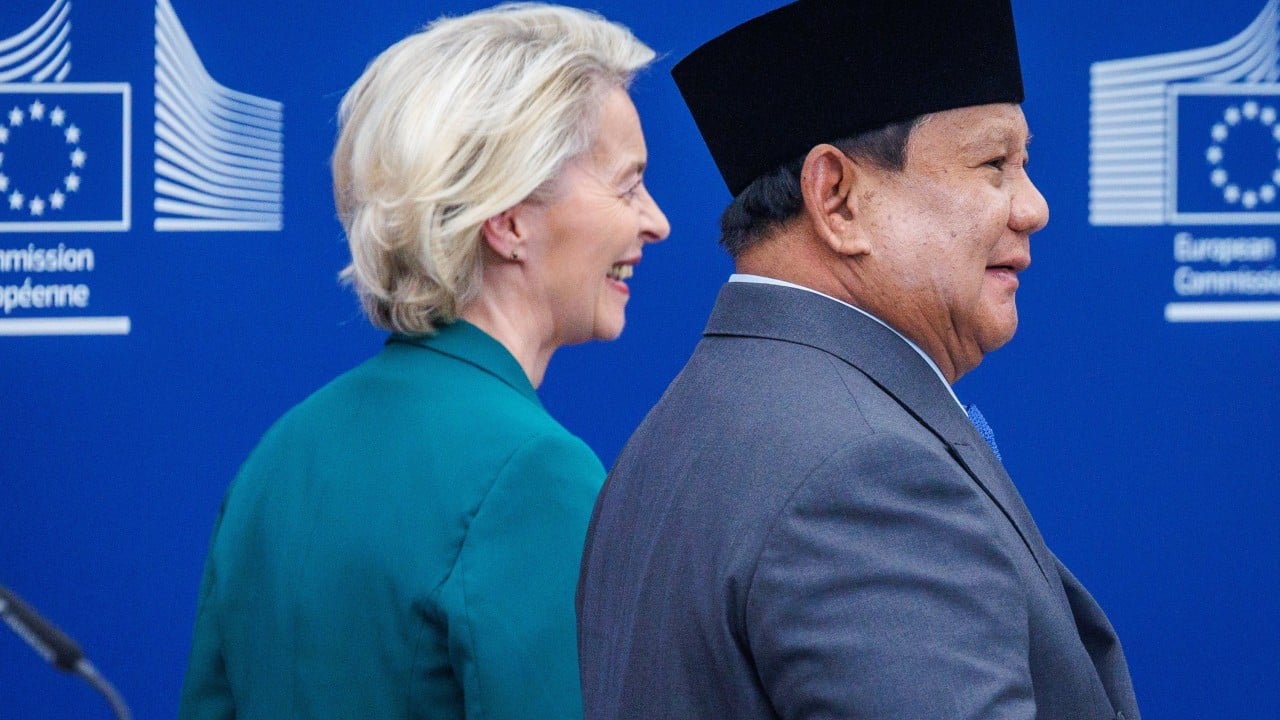Europe’s attempt to reduce its dependence on China through trade agreements in Asia may not achieve the intended outcome. Instead of breaking ties, Brussels is being drawn deeper into supply chains where Chinese companies remain central.
Advertisement
EU deals in recent years with Vietnam, Indonesia and India broaden market access and diversify suppliers, yet also channel European demand into production networks controlled by China. Meanwhile, the European Union continues trade talks with Thailand, Malaysia and the Philippines. The result won’t be liberation from Beijing, but reliance restructured into more complex forms.
Last week, Jakarta and Brussels concluded a comprehensive economic partnership agreement (CEPA) after nearly a decade of negotiations, profiting more than 700 million consumers through tariff elimination. Hailed as a breakthrough in supply expansion, the CEPA broadens the EU’s access to Indonesia’s nickel, palm oil and digital services; yet its deeper implications are multifaceted.
Indonesia possesses the world’s largest nickel reserves, essential for Europe’s energy transition. But 75 per cent of its nickel refining capacity is controlled by Chinese stakeholders. So European industries gain access to raw materials, but via a value chain shaped by Beijing’s presence.
In manufacturing and digital services, the imbalance persists. Indonesia’s semiconductor ambitions depend on Chinese components and South Korean and Taiwanese inputs, while its digital market integrates Europe into platforms controlled by Beijing.
Advertisement
Palm oil reinforces the trend. The CEPA is expected to increase Indonesian palm oil exports to the EU to about four million tonnes next year, up from an estimated 3.3 million tonnes this year, lowering costs for industry yet boosting Chinese agribusiness conglomerates with major stakes in the plantations.

